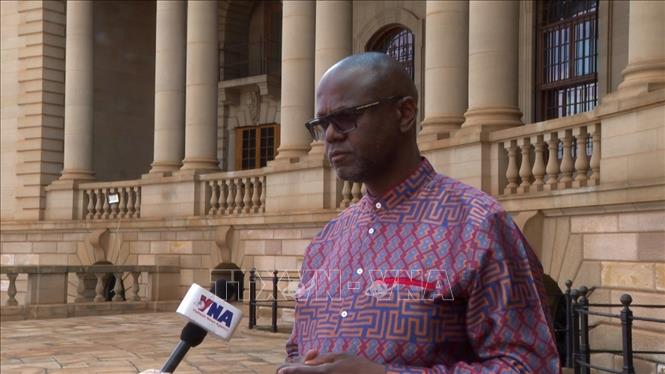
Vietnam is honored to welcome President Cyril Ramaphosa on this visit, marking an important milestone in the relationship between the two countries. How do you assess the strategic goals and key highlights of this visit?
The visit could not have come at a more ideal time, in the context of Vietnam celebrating 80 years of independence. As you know, the relationship between the two countries dates back to the days of the struggle for independence of both Vietnam and South Africa. Both countries share deep values of solidarity, have faced seemingly insoluble conflicts, but have overcome difficulties. Through the solidarity between the two countries, as well as with other countries, especially those in the Southern Hemisphere, we now focus on taking this relationship further, upgrading it to a strategic partnership. The goal is to promote bilateral trade, expand cooperation in key areas such as agriculture , defense, technology and many other sectors.
This is a very important and strategic visit for President Ramaphosa, which will enhance the relationship and is expected to see an increase in bilateral trade. From a South African perspective, this visit will support the implementation of the trade diversification strategy and expand access to existing markets. We are very excited, and the President is very pleased, to be making this trip to Vietnam to achieve this strategic objective.
How does President Ramaphosa envision deepening the bilateral relationship between Vietnam and South Africa, and what common goals do you hope to advance through this visit?
Building on our historic solidarity, we look forward to developing our bilateral relationship, focusing on promoting trade and expanding commercial exchanges between our two countries. Over the past 30 years, bilateral trade has grown steadily, and in President Ramaphosa’s view, there is still much potential for further growth. We also aim to enhance people-to-people exchanges, and exchange of experiences and perspectives.
Over the years, both countries have been moving forward from the perspective of countries of the Global South, cooperating in multilateral forums such as the United Nations, the Group of 20 (G20) and other important international platforms. We share common values and views on the necessary reforms in global multilateral institutions. This visit, together with the elevation of our relationship to a strategic partnership, will consolidate that cooperation.
Since the establishment of diplomatic relations in 1993, how do you assess the development of Vietnam-South Africa relations over the past three decades? What are the most outstanding achievements, and which areas have the greatest potential for future cooperation?
Spokesperson Vincent Magwenya: We have seen a steady increase in bilateral trade, which is now between 30 and 31 billion rand (about $1.7 billion), a significant increase over the years. There has also been a lot of knowledge exchange between the two countries. South African ministers have visited Vietnam, learned from its experiences and applied those lessons to our environment. We find great inspiration in the way Vietnam has rebuilt itself after the war, and believe that there are many lessons that South Africa can learn from. These are the outstanding benefits of the relationship over the past three decades since the establishment of diplomatic relations. Both Vietnam and South Africa are looking to the future. Vietnam’s ambition to become a high-income country by 2045 is truly inspiring. We believe that through expanding trade, knowledge exchange and increased people-to-people contacts, South Africa can learn a lot from this process.
In addition to his state visit to Vietnam, President Ramaphosa will also pay a state visit to Indonesia and attend the 47th Association of Southeast Asian Nations (ASEAN) Summit as a guest of the Chair. How will these activities shape the future of South Africa’s relations with ASEAN, and what role does Vietnam play in this regional relationship?
President Ramaphosa believes that, despite the significant trade between South Africa and the South East Asia region, we have not yet tapped the full potential of the region, not only in terms of trade but also in terms of knowledge sharing and cooperation from a Southern perspective. This visit will strengthen the opportunities between South Africa and the South East Asia region. The President’s participation in the ASEAN Summit aims to bridge the geographical gap between the two regions. Despite the geographical distance, the President believes that this visit will facilitate closer cooperation, jointly address the challenges of the Southern countries and improve the lives of our people. This is an ideal time for South Africa and Africa to strengthen their relationship with ASEAN, which will benefit both regions.
During his visit to Vietnam, President Ramaphosa is expected to attend the signing of the United Nations Convention against Cybercrime, also known as the Hanoi Convention. What is your view on the global context that makes this convention so important at the present time? How is the South African government committed to this?
Cybercrime is a global challenge that transcends borders and is not dependent on the economic size of countries. The more we cooperate, the more effective we can be in addressing this challenge, both nationally and multilaterally. Technology is evolving rapidly, requiring policymakers to improve their response capabilities. However, no country can act alone. Cybercrime often crosses physical borders and is committed in multiple jurisdictions at the same time, making international cooperation key to stopping this wave of crime. In particular, with the development of artificial intelligence (AI), ensuring that AI becomes a positive force for development, rather than a force for harm, becomes increasingly important. We commit to working globally to democratize the development aspects of AI, and to build governance systems to ensure AI benefits development, particularly in countries in the Global South.
Thank you very much!
Source: https://baotintuc.vn/chinh-tri/chuyen-tham-giup-nang-tam-moi-quan-he-song-phuong-nam-phi-viet-nam-20251021152857046.htm



![[Photo] Prime Minister Pham Minh Chinh meets with Speaker of the Hungarian National Assembly Kover Laszlo](https://vphoto.vietnam.vn/thumb/1200x675/vietnam/resource/IMAGE/2025/10/20/1760970413415_dsc-8111-jpg.webp)
![[Photo] Prime Minister Pham Minh Chinh received Mr. Yamamoto Ichita, Governor of Gunma Province (Japan)](https://vphoto.vietnam.vn/thumb/1200x675/vietnam/resource/IMAGE/2025/10/21/1761032833411_dsc-8867-jpg.webp)

![[Photo] Da Nang residents "hunt for photos" of big waves at the mouth of the Han River](https://vphoto.vietnam.vn/thumb/1200x675/vietnam/resource/IMAGE/2025/10/21/1761043632309_ndo_br_11-jpg.webp)

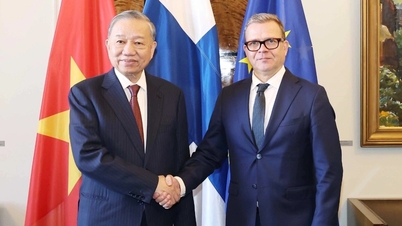

![[Photo] Prime Minister Pham Minh Chinh received Mr. Yamamoto Ichita, Governor of Gunma Province (Japan)](https://vphoto.vietnam.vn/thumb/402x226/vietnam/resource/IMAGE/2025/10/21/1761032833411_dsc-8867-jpg.webp)

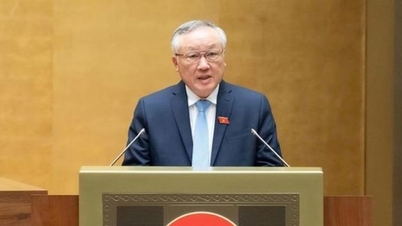

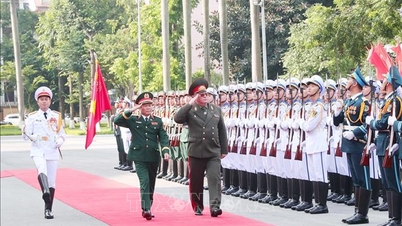


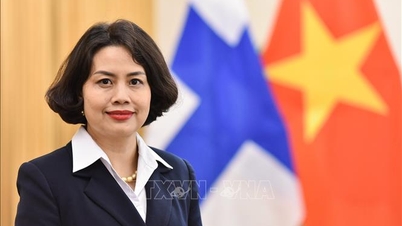
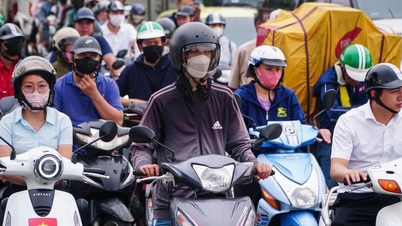

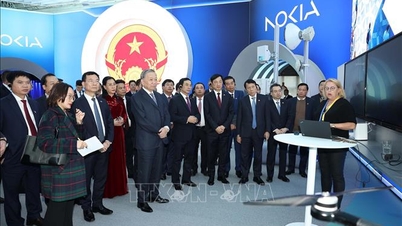
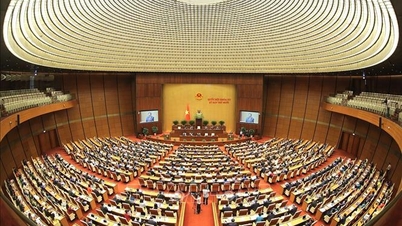
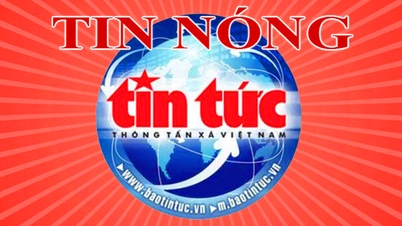
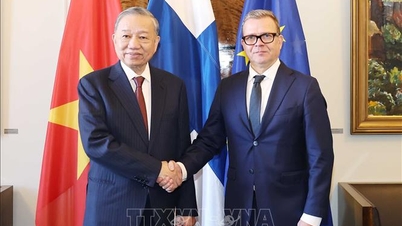
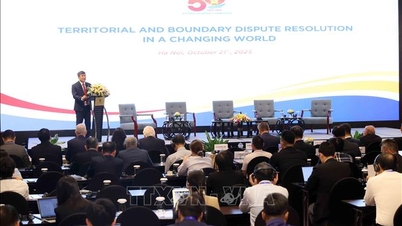




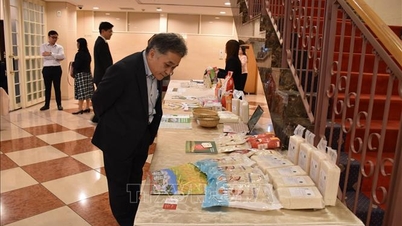
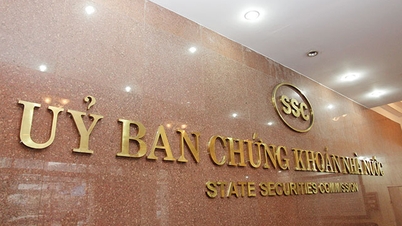
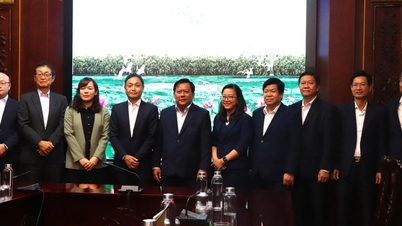
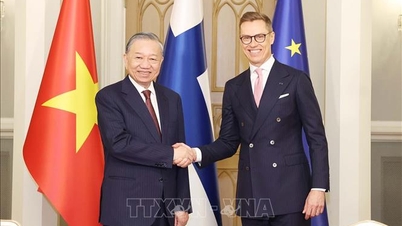
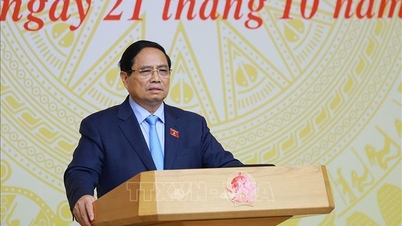
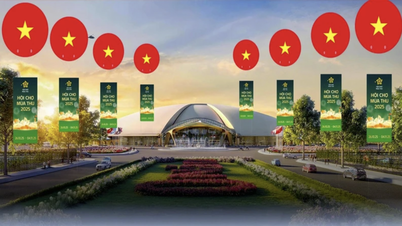




















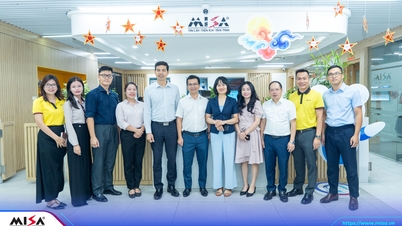














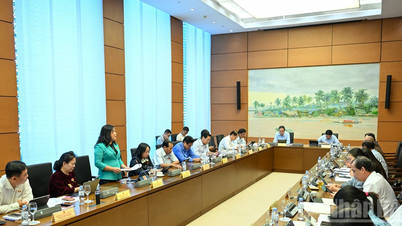
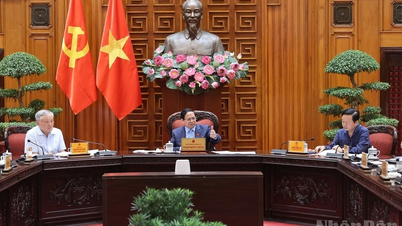
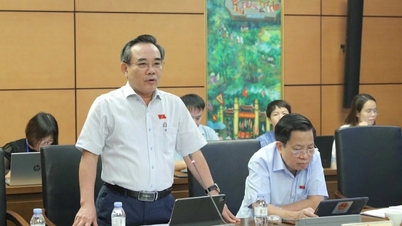
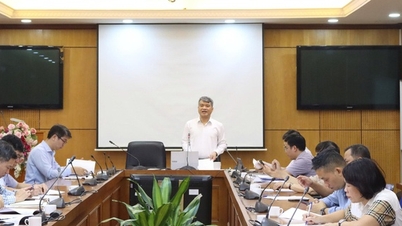
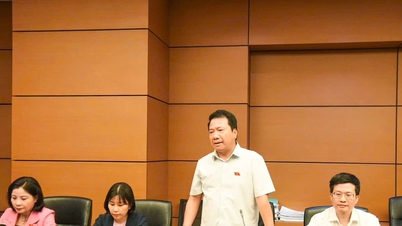

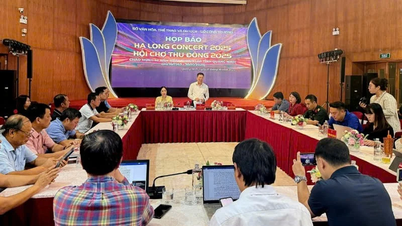
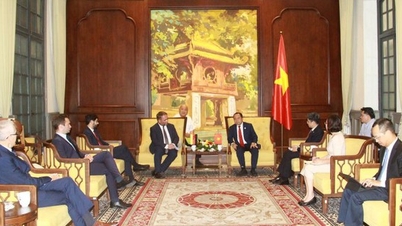

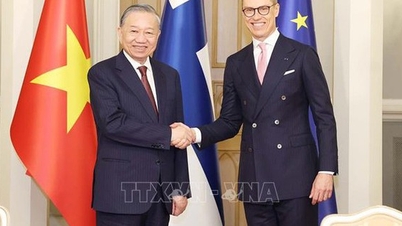
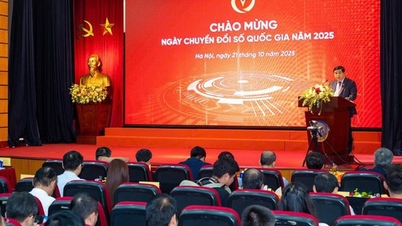


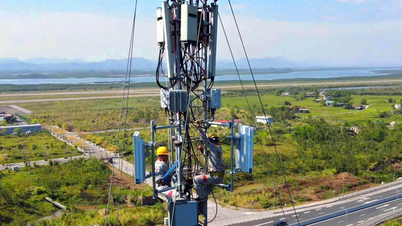
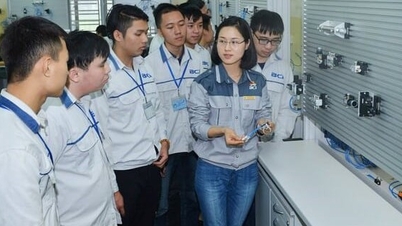
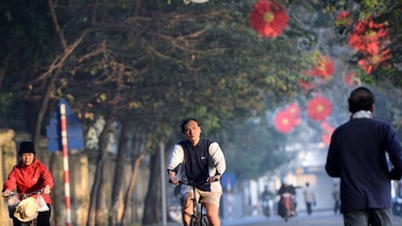

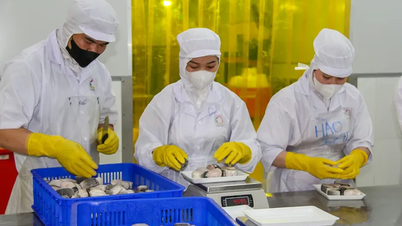

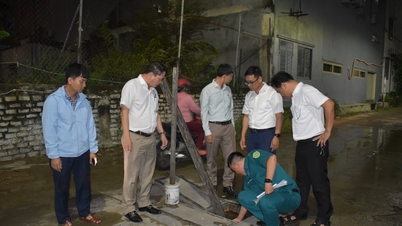

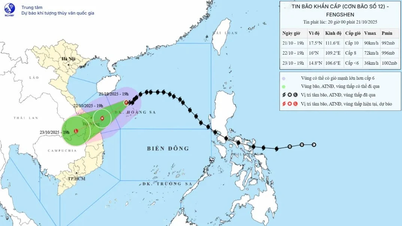

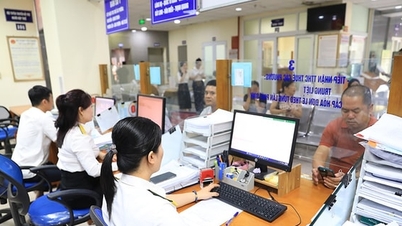
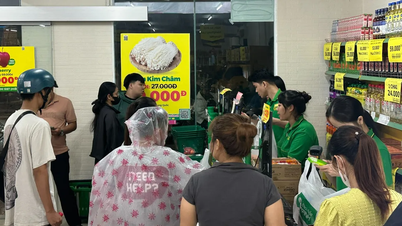










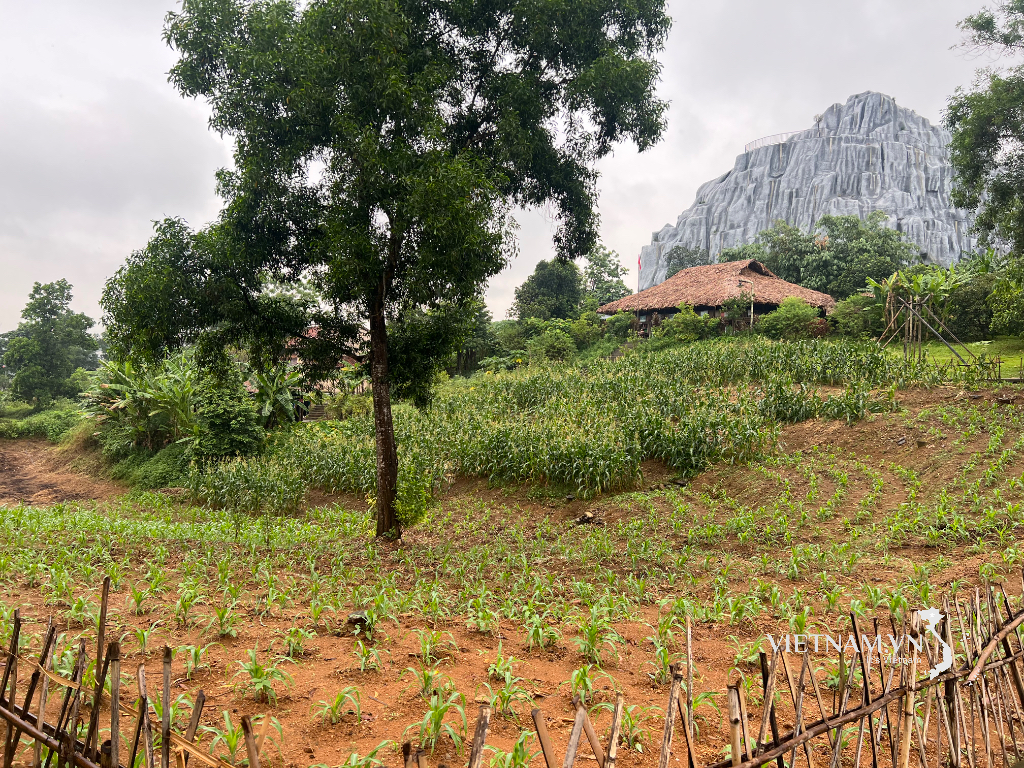


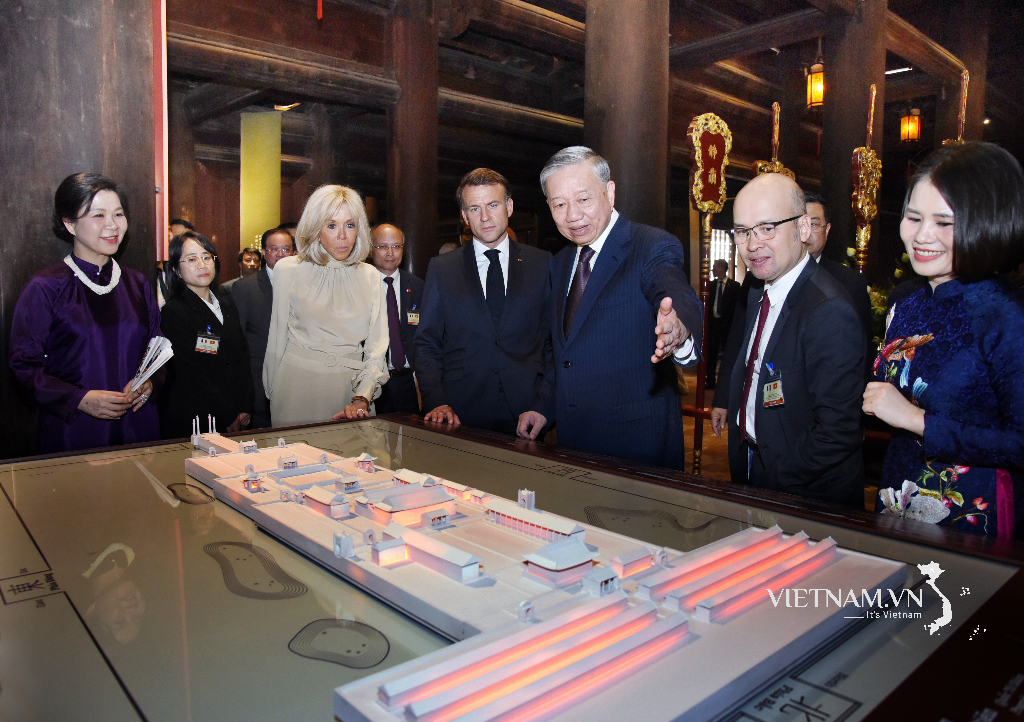
Comment (0)